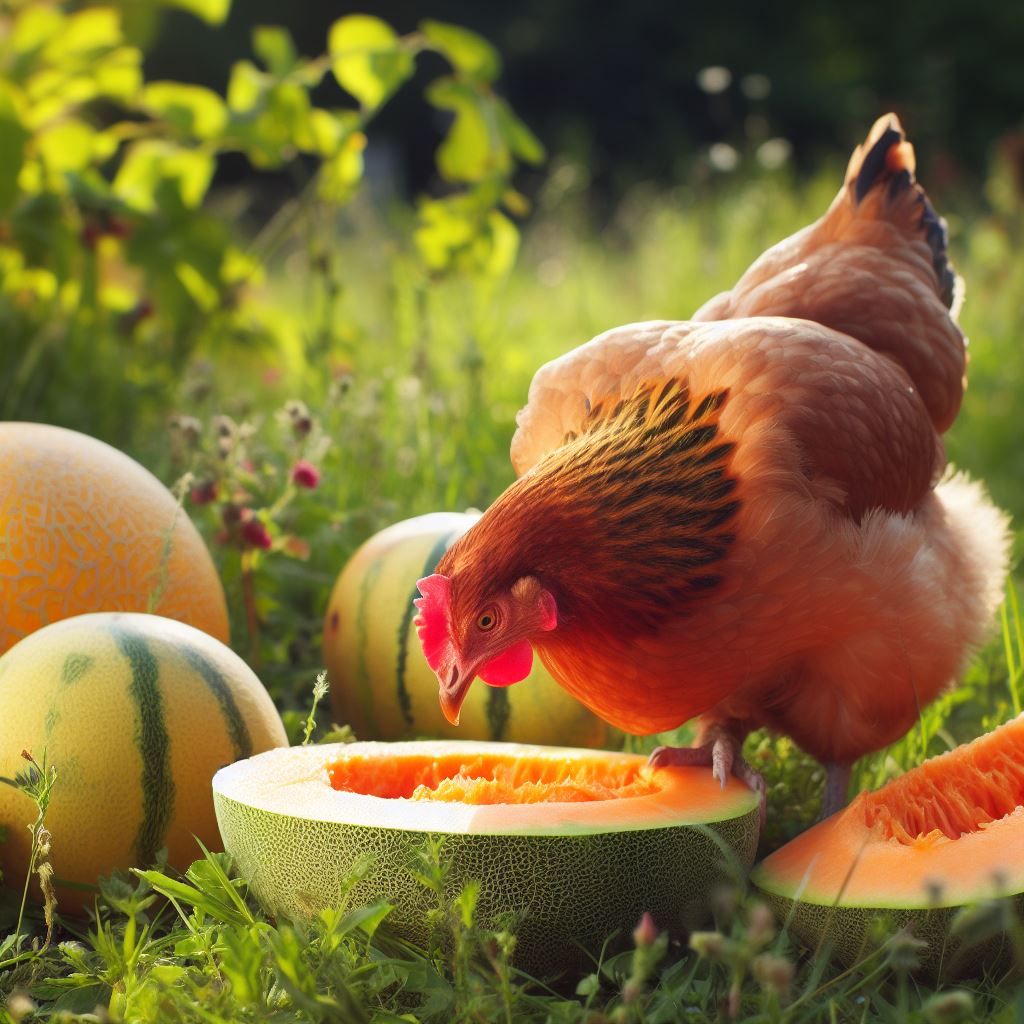Can Chickens Eat Carnations? Safe Treats And Pet Care Tips
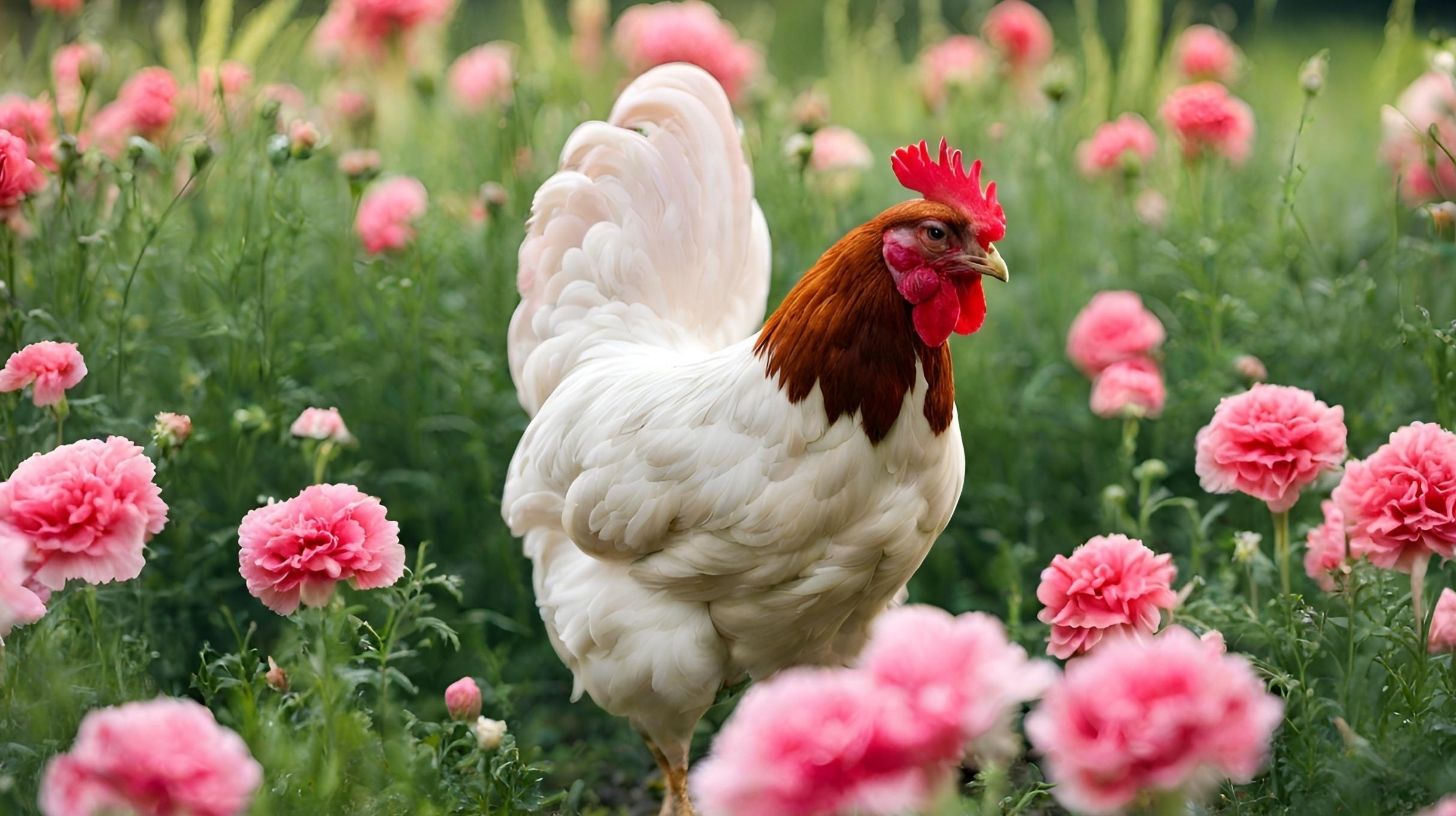
Table of content:
Can Chickens Eat Carnations? Carnations are a popular flower known for their ruffled, vibrantly colored petals. As chickens forage and peck at vegetation in their environment, you may wonder if these blooms are safe for chickens to eat. Overall, carnations are not toxic or poisonous to chickens.
Key Takeaways:
- Carnations are generally safe for chickens to eat in moderation. The petals, leaves, and stems contain beneficial nutrients.
- Toxicity depends on the type and color of carnation. Red, purple, and white carnations appear safest. Other colors may contain dyes.
- Overeating carnations can cause digestive upset. Limit carnations to occasional treats.
- Always monitor chickens closely when introducing new foods. Remove if any adverse reactions occur.
The petals, leaves, and stems of carnations contain plant nutrients that chickens can safely consume in moderation. However, not all carnation varieties are equal when it comes to safety.
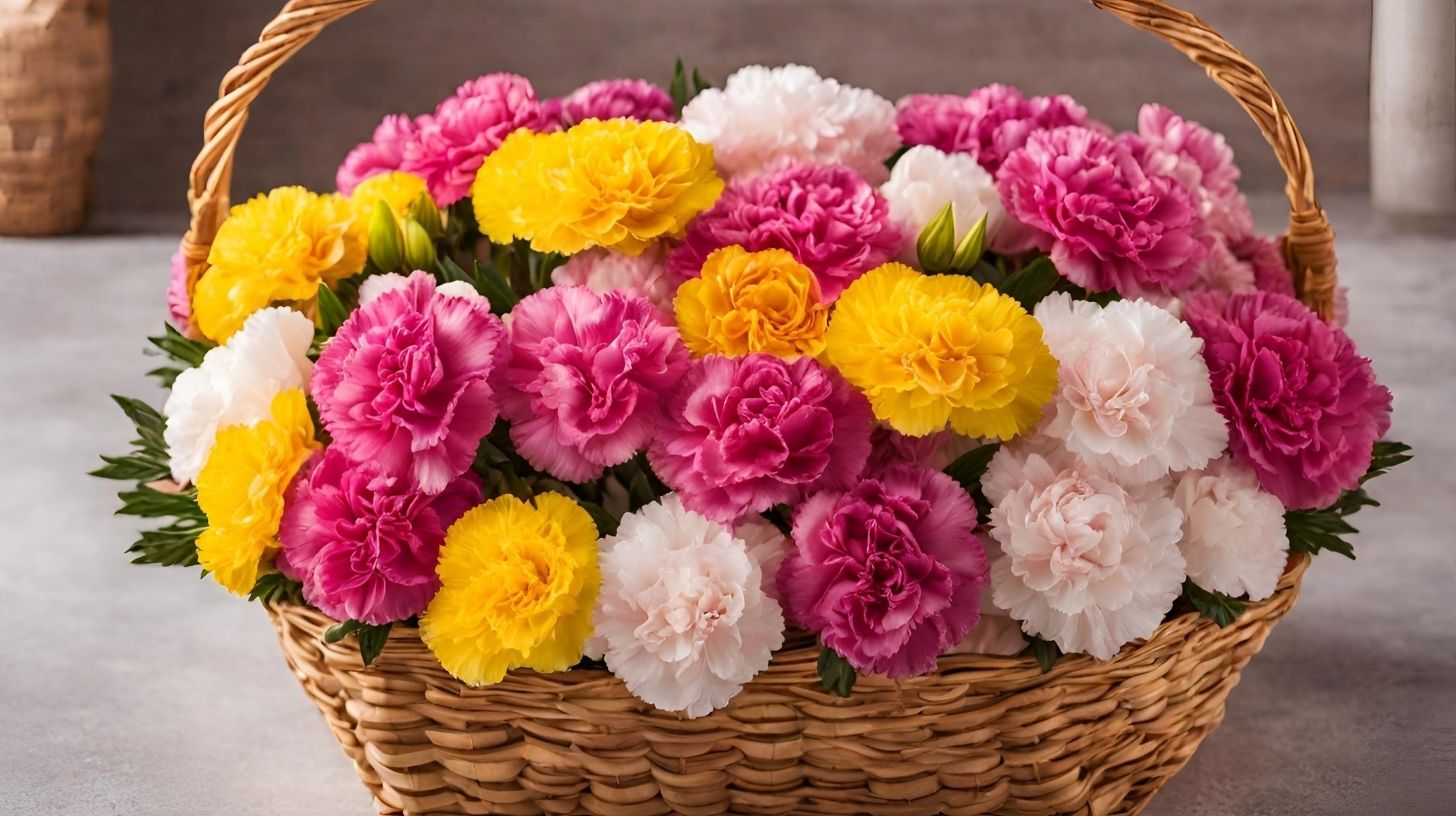 Nutritional Value of Carnations for Chickens
Nutritional Value of Carnations for Chickens
The main parts of carnations that chickens will eat are the petals, leaves, and stems. These plant parts contain beneficial nutrients for chickens, including:
- Vitamin A: Important for immune function and eye health. Carnation leaves contain beta carotene, which chickens can convert into vitamin A.
- Vitamin C: Boosts collagen formation and promotes a healthy immune system. The foliage and stems provide vitamin C.
- Calcium: Critical for bone strength and eggshell quality. Traces of calcium are found in all parts.
- Antioxidants: Carnation petals contain anthocyanins and other antioxidant pigments that can reduce inflammation and oxidative stress.
- Fiber: Aids digestion and nutrient absorption. The leaves, stems, and petals all provide insoluble fiber.
In addition to vitamins, minerals, and antioxidants, carnations offer chickens a source of plant protein from the foliage. Eating the petals provides sensory enrichment.
Overall, carnations can offer a nutritious supplementary food source for chickens. They are not a complete feed replacement, but the nutrients contribute to a balanced diet when fed occasionally. Monitor portions to avoid any potential toxicity issues.
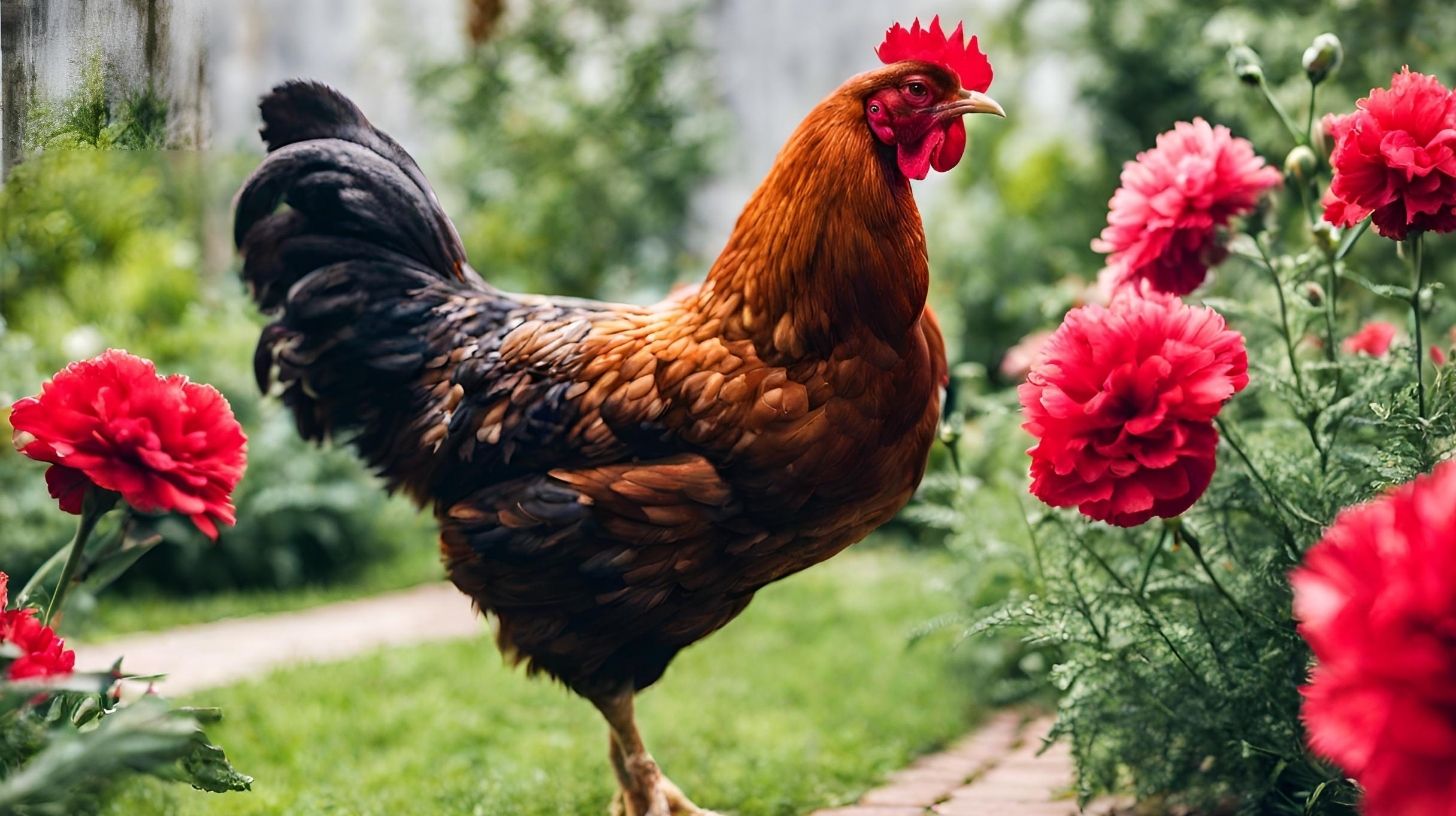 Are Carnations Toxic or Poisonous to Chickens?
Are Carnations Toxic or Poisonous to Chickens?
Carnations are generally non-toxic for chickens. However, some risks depend on the specific color variety:
- Red, white, and purple carnations appear to be the safest choices. No toxicity reports exist, and they do not contain added dyes.
- Other colored blooms, especially bright oranges, blues, and purples, may have dye added during cultivation. These dyes could potentially cause toxicoses if chickens eat them in excess. Limit intake.
- Wilted or rotten carnations can foster mold growth. Ingesting moldy plant matter can make chickens sick. Only feed fresh, healthy blooms.
While carnations themselves do not contain poisonous compounds, the risk depends on what they are treated with:
- Pesticides: Carnations grown commercially or by home gardeners may be sprayed with chemical pesticides and fertilizers. These can accumulate in the plant. Feeding such flowers to chickens introduces toxins into their system. Grow or source organically whenever possible.
- Florist flowers: Carnations sold as cut flowers could contain preservatives or floral foams that are toxic. Do not feed florist flowers to chickens.
To play it safe, know the source of your carnations and feed sparingly until you see how your flock tolerates them. Introduce one new food at a time and monitor for adverse reactions.
Are Carnations Edible for Humans?
Carnations are technically edible for humans, but they are not commonly consumed as food. The petals provide limited nutritional value. They have a mild, slightly grassy flavor. The texture is firm and fibrous.
Some species, such as the clove pink Dianthus caryophyllus, produce milder flavored leaves that can be used in salads. However, most carnation foliage has an unpleasant bitter taste caused by sesquiterpene lactones and phenolic compounds.
The petals can be used as edible garnish or infused into drinks, vinegars, jellies, and candies. Extracts are sometimes used in baked goods, ice cream, and teas.
While carnations won’t provide much tangible nutrition for people, the blooms add vibrant color and subtle flavor when used sparingly in human food. Take care to select non-toxic varieties not treated with pesticides.
Signs of Carnation Toxicity in Chickens
Monitor your flock closely when first feeding carnations or any new food. Remove access immediately if any of these signs of a negative reaction occur:
- Decreased appetite
- Drop in egg production
- Lethargy, weakness
- Ruffled, dull feathers
- Diarrhea, abnormal droppings
- Reduced water consumption
- Swollen eyes or nostrils
- Skin irritation around beak and eyes
Severe toxicity may also cause tremors, lack of coordination, or seizures. Prompt veterinary care is vital if any concerning symptoms arise.
Are Other Flowers Safe for Chickens to Eat?
Many flower varieties are non-toxic for chickens. Some other common blooms that chickens can safely eat in moderation include:
Safe Flowers
- Roses
- Hollyhocks
- Pansies
- Marigolds
- Lilacs
- Tulips
- Dandelions
- Snapdragons
- Daisies
- Impatiens
- Daffodils
- Lavender
However, some flowers are poisonous or toxic for chickens. Do not let chickens access:
Toxic Flowers
- Foxglove
- Poppies
- Sweet peas
- Lupines
- Morning glories
- Hydrangeas
- Rhododendrons
- Amaryllis
- Daffodils (bulbs)
- Chrysanthemums
Before feeding any flower to chickens, verify it is safe. Introduce new blooms slowly in case of individual adverse reactions. Never let chickens eat florist flowers due to risks of preservatives.
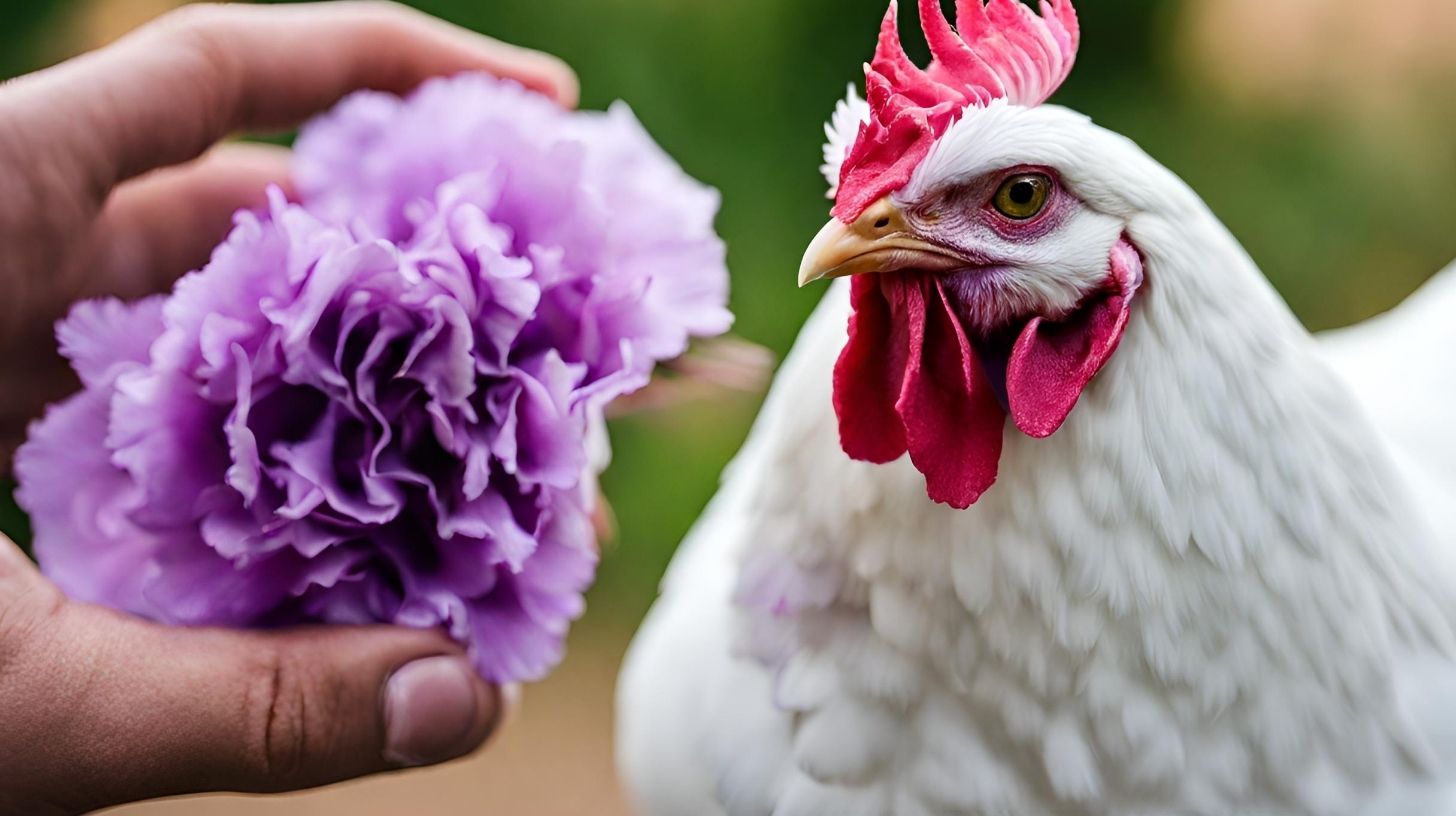 Feeding Carnations to Chickens Safely
Feeding Carnations to Chickens Safely
Here are some tips for safely allowing chickens to eat carnations:
- Feed carnations sparingly, no more than 1-2 times per week. Too much may cause diarrhea.
- Limit intake to a few petals and leaves per chicken. The stems have limited nutritional value.
- Chop or tear into bite-sized pieces to prevent choking hazards.
- Introduce gradually alongside their regular diet.
- Ensure carnations are free of chemical treatments. Organically grown is ideal.
- Select red, white, or purple carnations as the safest colors. Avoid bright oranges or blues.
- Feed fresh, healthy blooms free of wilt or mold.
- Provide carnations in a treat cup or scattering around their run area for natural foraging.
- Closely monitor for signs of digestive upset or other adverse reactions.
- Immediately remove access if chickens show decreased appetite, lethargy, diarrhea, or other concerning symptoms.
Carnations can be a safe, healthy supplementary food when fed appropriately. Practicing care and moderation makes it possible to allow chickens to enjoy these cheerful blooms. Monitor closely for any individual intolerances. Discontinue feeding if reactions occur.
Frequently Asked Questions
Can chickens eat carnation leaves and stems?
Yes, chickens can eat all parts of carnations – the petals, leaves, and stems. The leaves and stems contain fiber, vitamins, and minerals chickens can utilize.
What color carnations are toxic to chickens?
Brightly dyed orange, blue, or purple carnations may contain dyes that could be toxic if eaten excessively. Stick with red, white, or lighter purple blooms to be safe.
Do chickens eat carnations in the wild?
Chickens may nibble on carnations occasionally if they have access to them in the wild. However, carnations are not a major part of their natural diet. Domestic chickens will also forage on carnations.
Can baby chicks eat carnations?
Carnations would not be part of the usual diet for baby chicks, who need high-protein starter feed. Adult chickens can start eating small amounts of petals once mature. Avoid giving carnations to vulnerable chicks.
Are carnations bad for chickens’ digestive system?
Overeating carnations may cause loose droppings since they are high in fiber and water. Fed in moderation, most chickens tolerate them well. Limit treats to observe chickens’ individual reactions.
Conclusion
Carnations can offer chickens a nutritious source of vitamins, minerals, and antioxidants when consumed in moderation. While carnations are generally non-toxic, risks depend on the color variety and growth methods. Red, white, and lighter purple blooms tend to be the safest.
Monitor portions and your flock’s reactions closely when first feeding carnations or any new food. Allow chickens to supplement their diet by naturally foraging on small amounts of fresh, untreated carnations for optimal health and enrichment.
Welcome. I’m Adreena Shanum, the proud owner of this website, and I am incredibly passionate about animals, especially poultry. I founded adreenapets.com as a labor of love, stemming from my desire to share my knowledge and experiences with poultry enthusiasts worldwide.


